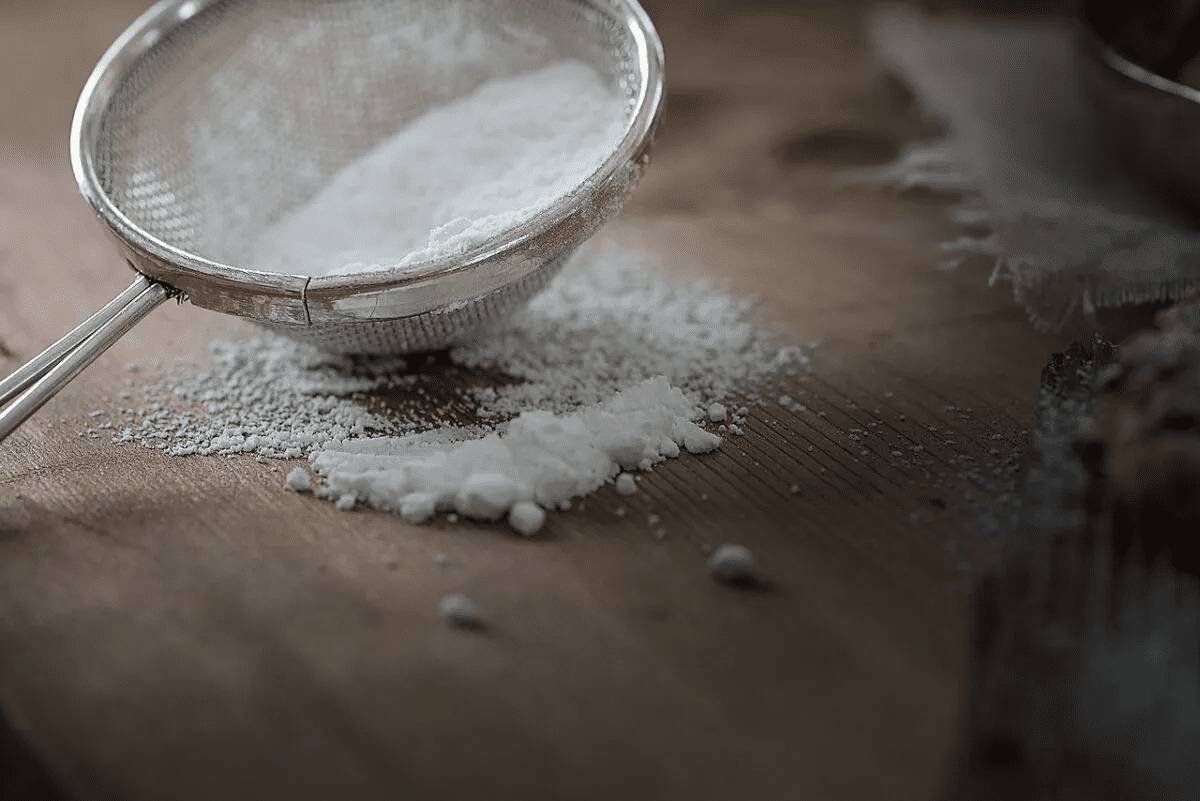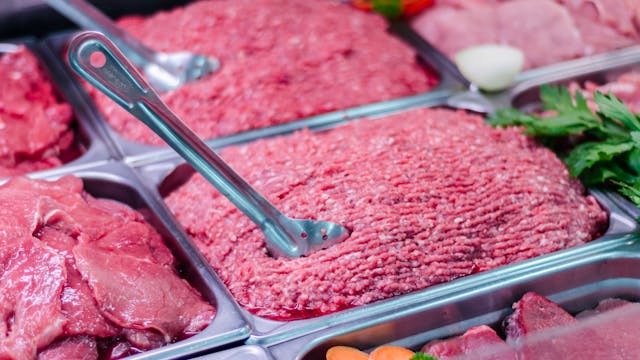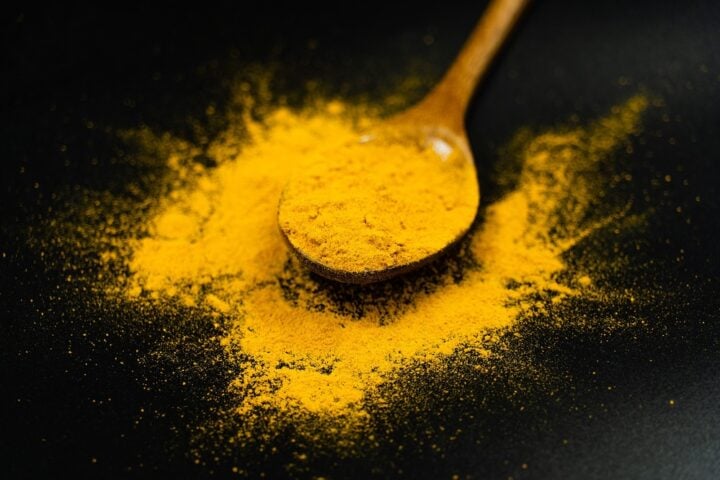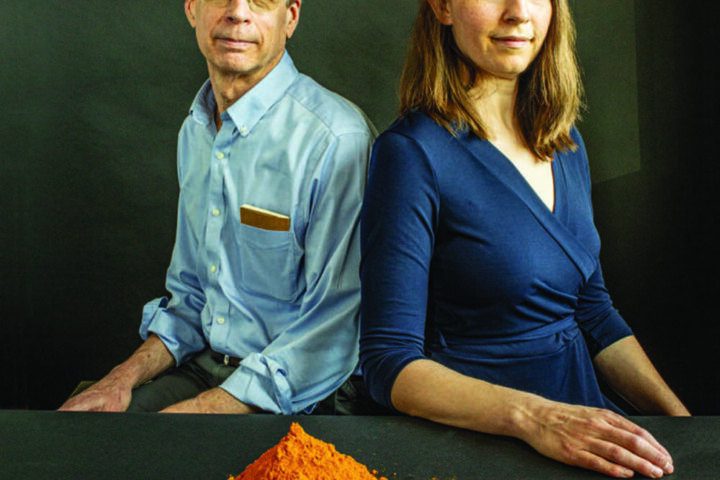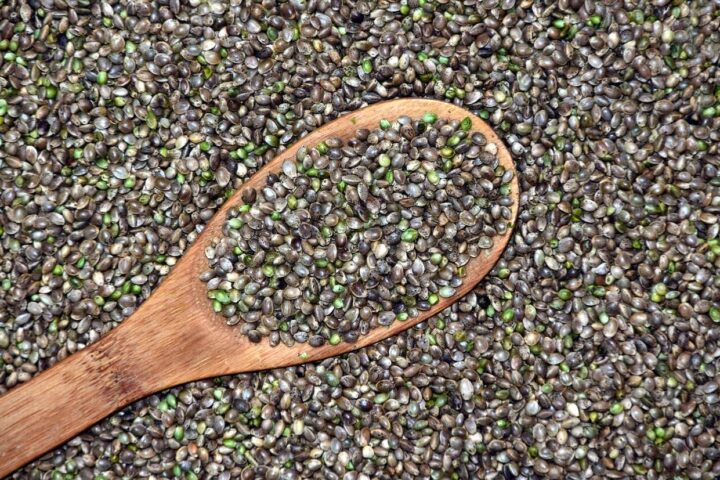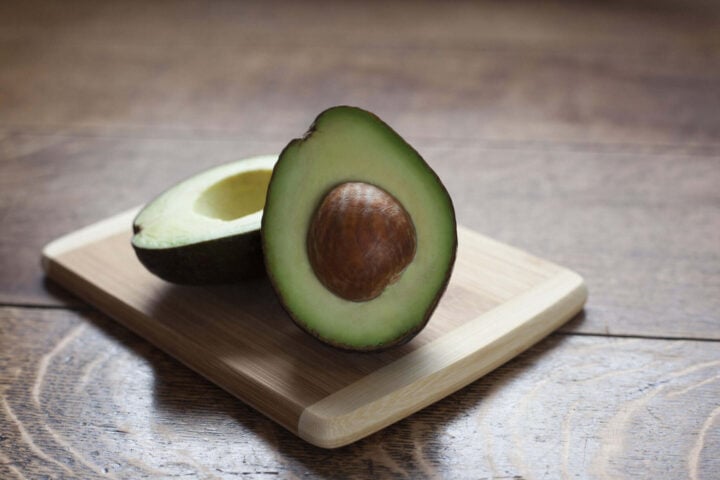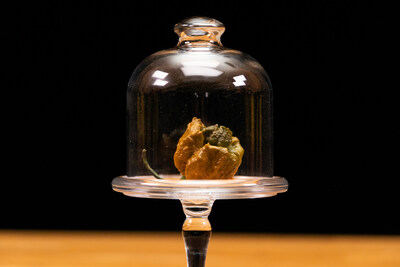In order to reduce their calorie intake, many people use artificial sugar. However, according to recent research, these substitutes may have health risks too. The findings of a new study suggest that a chemical called sucralose-6-acetate, found in the artificial sweetener sucralose (sold as Splenda), can cause damage to DNA. The study was conducted by researchers from North Carolina State University and the University of North Carolina at Chapel Hill (NCSU). The study found that sucralose-6-acetate is “genotoxic”, meaning it can harm the genetic information in cells. The finding also exposed human gut issues to sucralose to see how it affects gut health and if it has the potential to cause cancer. Published in the Journal of Toxicology and Environmental Health, the study showed that sucralose-6-acetate breaks up DNA strands and causes genetic damage.
“In short, we found that sucralose-6-acetate is genotoxic, and that it effectively broke up DNA in cells that were exposed to the chemical,” says Susan Schiffman, corresponding author of the study and professor with NCSU. Trace amounts of sucralose-6-acetate can be found in off-the-shelf sucralose products, even before it is consumed and metabolized. The study suggests that the amount of sucralose-6-acetate found in a single daily drink sweetened with sucralose exceeds the safety threshold set by the European Safety Authority for genotoxic substances. The study found that sucralose also damages guts, leading to increased “leaky gut”, in addition to DNA damage. Gene activity, linked to oxidative stress, inflammation, and potential carcinogenicity in gut cells, was also increased due to sucralose. The study adds to the growing body of evidence suggesting that artificial sweeteners, including sucrose, may have harmful effects such as an increased risk of heart disease and cancer. It is important to note that the study was done in vitro, using human body cells and gut issues, and not on actual human subjects.
Similar Post
“We found that gut cells exposed to sucralose-6-acetate had increased activity in genes related to oxidative stress, inflammation and carcinogenicity,” Schiffman says. In order to fully understand the effects of sucralose-6-acetate, further research, including human trials, is needed. The limitations of the study are also important to consider. The study of the chemical sucralose was done in isolation, and its concentration in ingested sucralose and the human intestine is uncertain. The finding raises concerns about the safety of sucralose, but it does not reflect the effects of occasional or even frequent consumption of sucralose-sweetened foods and beverages. The research highlights the need for more study on the biological impact of sucralose when combined with other artificial sweeteners.
Studies based on population may also provide a better understanding of the potential link between sucralose-6-acetate and cancer. Owing to the complex nature of cancer, however, establishing a direct cause-and-effect relationship can be challenging. It is important to remember that sucralose has been approved by regulatory agencies such as the US Food and Drug Administration (FDA) and the European Food Safety Authority (EFSA), while the study raises concerns. Many other studies have found sucralose safe for human consumption. The study suggests that sucralose may have potential health risks due to the presence of sucralose-6-acetate. However, it is crucial to consider the limitations of the study and the existing body of research that supports the safety of sucralose when consumed in moderation. The choice of natural sugar substitutes or reducing overall Sigatoka intake through a balanced diet is still recommended for good health.
